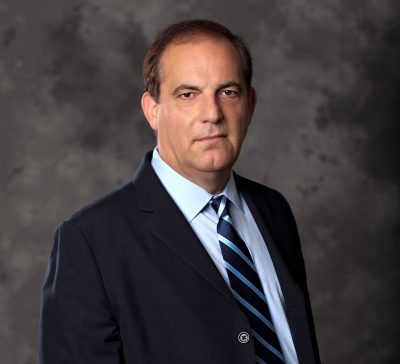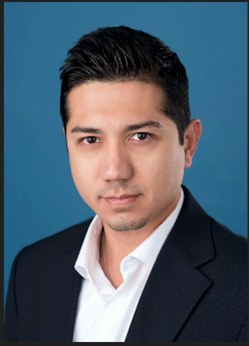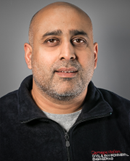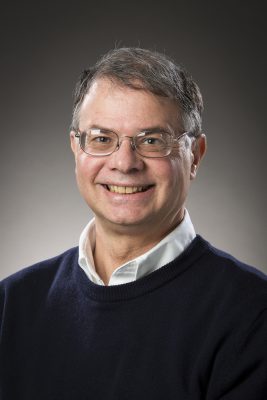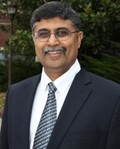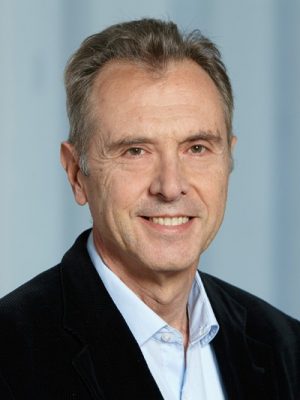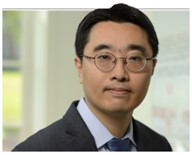
Self-Adaptive Materials and Structures for Resilient and Healthy Future
Date: January 31, 2025; Time: 2:30 PM Location: PWEB 175
Abstract: Adaptability is one of the hallmarks of living systems that provide resilience in a dynamically changing environment. I will present our efforts to study coupled mechanical systems toward mechanically adaptive materials and structures. I will start with the overview of my research, then focus on two recent efforts.
First, I will present self-adaptive materials that can change their mechanical properties depending on loading conditions by the coupling between stress and material synthesis [1]. Nature produces outstanding materials for structural applications, such as bone and wood, that can adapt to their surrounding environment. For instance, bone regulates mineral quantity proportional to the amount of stress. It becomes stronger in locations subjected to higher mechanical loads. This capability leads to the formation of mechanically efficient structures for optimal biomechanical and energy-efficient performance. However, it has been challenging for synthetic materials to change and adapt their structures and properties to address the changing loading condition. To address the challenge, we are inspired by the findings that bones are formed by mineralizing ions from blood onto collagen matrices. I will present a material system that triggers proportional mineral deposition from electrolytes on piezoelectric matrices upon mechanical loadings so that it can self-adapt to mechanical loadings. For example, the mineralization rate could be modulated by controlling the loading condition, and a 30-180% increase in the modulus of the material was observed upon cyclic loadings whose range and rate of the property change could be modulated by varying the loading condition. I will also present our approach for reprogrammable self-configurable structures based on the material by controlling the modulus distribution through the applied loading [2]. Our findings can contribute to new strategies for dynamically changing mechanical environments, with potential applications including healthcare, infrastructure, and vehicle.
Second, I will present adaptive energy-absorbing “materials” with extreme energy dissipation and improving energy absorption with increasing strain rate by the coupling between viscoelastic properties of materials and nonlinear geometrical effects [3]. An architected material (or metamaterial) is a class of materials that provide new properties not observed in natural materials or from a bulk material that its constituent is made of. We utilize energy dissipation mechanisms across different length scales by using architected liquid crystalline elastomers. As a result, our energy-absorbing materials show about an order of magnitude higher energy absorption density at a quasi-static condition compared with the previous studies and even higher energy dissipation at faster strain rates with power-law relation, whose exponent can be tuned by controlling the mesoscale alignment of molecules using a simple strain control-based approach. Thus, the material exhibits up to a 5 MJ/m3 energy absorption density at a strain rate of 600 s-1, which is comparable to the dissipation from irreversible plastic deformation exhibited by denser metals. Our findings have the potential to realize extremely lightweight and high energy-dissipating materials, which will be beneficial for a wide range of applications, including automotive, aerospace, and personal protection.
We envision that our research can contribute to intelligent, resilient and sustainable mechanical systems, with applications including healthcare, infrastructure, and defense [4].
References
[1] S. Orrego, Z. Chen, U. Krekora, D. Hou, S.-Y Jeon, M. Pittman, C. Montoya, Y. Chen, S. H. Kang*, “Bioinspired materials with self-adaptable mechanical properties,” Advanced Materials, 32, 1906970 (2020).
[2] B. Sun, G. Kitchen, D. He, D. K. Malu, J. Ding, Y. Huang, A. Eisape, M. M. Omar, Y. Hu, S. H. Kang*, “A material dynamically enhancing both load-bearing and energy-dissipation capability under cyclic loading,” Science Advances, in press.
[3] S.-Y. Jeon, B. Shen, N. A. Traugutt, Z. Zhu, L. Fang, C. M. Yakacki, T. D. Nguyen, S. H. Kang*, “Synergistic energy absorption mechanisms of a bistable architected liquid crystal elastomers,” Advanced Materials, 2200272 (2022).
[4] G. Kitchen, B. Sun, S. H. Kang, “Bioinspired Nanocomposites with Self-Adaptive Mechanical Properties,” Nano Research, 17, 633 (2024).
Biographical Sketch: Sung Hoon Kang is an Associate Professor in the Department of Materials Science and Engineering at Korea Advanced Institute of Science and Technology (KAIST). He earned a Ph.D. degree in Applied Physics at Harvard University and M.S. and B.S. degrees in Materials Science and Engineering from MIT and Seoul National University, respectively. Before joining KAIST, he was an Assistant Professor in the Department of Mechanical Engineering, Hopkins Extreme Materials Institute and Institute for NanoBioTechnology at Johns Hopkins University. Sung Hoon has been investigating solutions to address current challenges in engineering materials, structures and devices with applications including resiliency, sensing, energy, and healthcare. In particular, he investigates behaviors of coupled mechanical systems by numerical modeling, nano/micro/macro fabrication, 3D printing, 3D structural/material/mechanical characterizations, and in vitro/in vivo testing. His research has been supported by AFOSR, NSF, NIH, ARO, ONR, State of Maryland, and private foundations. Throughout his career, Sung Hoon has co-authored 70 papers, has given over 230 presentations (including over 160 invited talks), and has eight patents and three pending patents. His honors include 2024 National Research Foundation of Korea Brain Pool Plus Fellowship, 2023 Young Innovator Award by Nano Research, Invitee for First US-Africa Frontiers of Science, Engineering, and Medicine Symposium, 2022 Hanwha Non-Tenured Faculty Award, 2021, 2020 Air Force Summer Faculty Fellowship, 2020 Johns Hopkins University Catalyst Award, 2019 Johns Hopkins University School of Engineering Research Lab Excellence Award, Invitee for 2019 China-America Frontiers of Engineering Symposium, FY 2018 Air Force Office of Scientific Research Young Investigator Program Award, Invitee for 2016 National Academy of Engineering US Frontiers of Engineering Symposium, and 2011 Materials Research Society Graduate Students Gold Award. He served as an editorial board member of Scientific Reports and a guest editor of Materials Research Society Bulletin. Currently, he serves as an editorial board member of Journal of Physics: Materials and Sensors, respectively. He has been co-organizing ~35 symposia on bioinspired materials, 3D printing, and mechanical metamaterials at international conferences. He is a member of American Society of Mechanical Engineers (ASME), American Physical Society (APS), Materials Research Society (MRS), Electrochemical Society (ECS), and Society of Engineering Science (SES). He served as the Chair, Vice Chair, Secretary, and Editor of ASME Technical Committee on Mechanics of Soft Materials.
